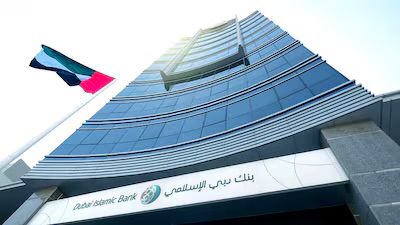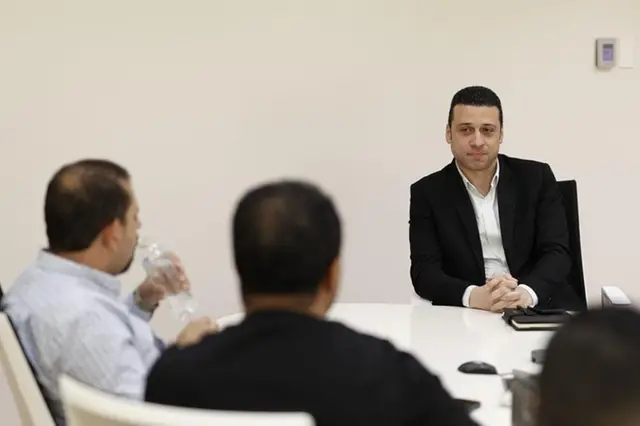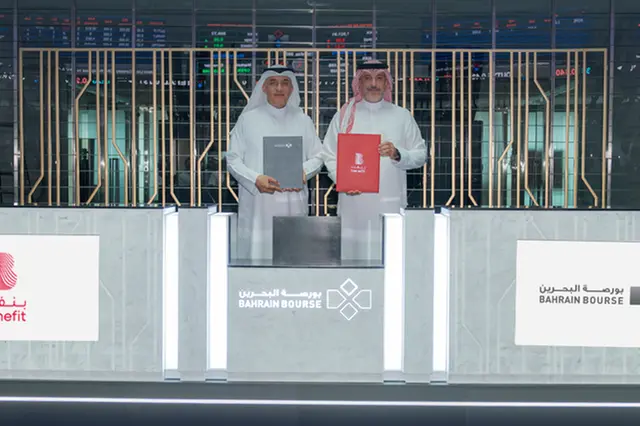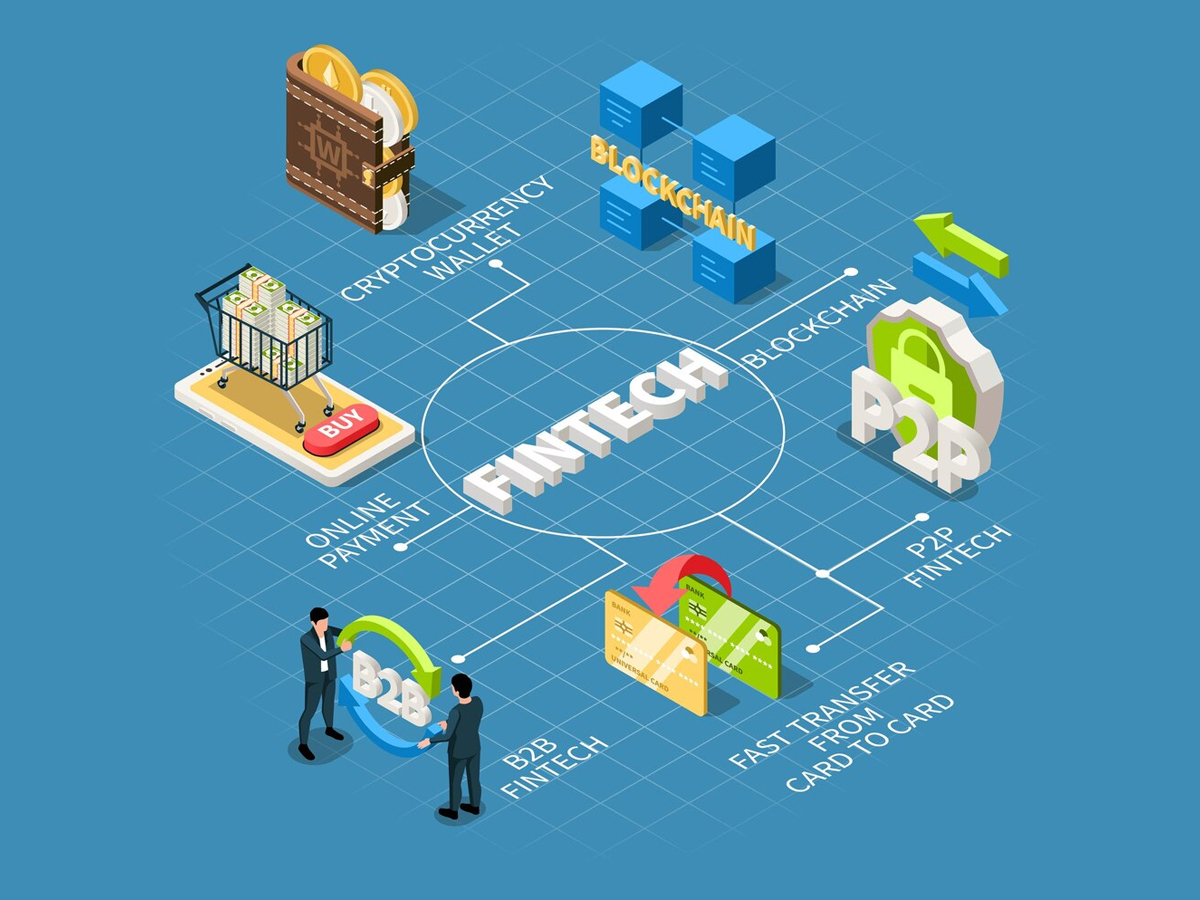Dubai Islamic Bank (DIB) is open to acquisition opportunities in its home base and the markets it operates beyond the Arab world’s second-largest economy as it looks to increase its market share, its group chief executive has said. The Dubai-headquartered lender is interested in acquiring a variety of assets that are complementary to the business and its growth strategy, Adnan Chilwan said. “We are looking at financial institutions and banks, but … we also keep an eye on FinTech opportunities,” he said during the Abu Dhabi Finance Week. “We are always opportunistic, and for us, an inorganic opportunity means that it has to make business sense as we’ve got to make sure that there are synergies when we are looking at the potential target, and if that happens, only then you will acquire.” The lender has grown its balance sheet from close to Dh100 billion to the current level of more than Dh300 billion in the past decade and aspires to expand it further, with continuing economic momentum and solid contributions from all its business units providing tailwinds, Mr Chilwan said.
DIB, which has a client base of more than five million, operates in markets including Turkey, Pakistan, Kenya Sudan, Bosnia and Indonesia. It currently controls about 12 per cent of the UAE’s banking market and holds between 30 per cent to 35 per cent share of the Islamic banking market in the country. The lender is pushing to consolidate presence in all its markets by “continue doing what you’re doing organically and if there’s an inorganic opportunity, you also try to look at it”, he said. In September last year, DIB took a 20% stake in Turkey’s TOM Group of Companies which marked the Islamic lender’s entry into the country’s banking sector and later availed the option of increasing its holding to 25 per cent. The undisclosed investment makes DIB a “significant minority shareholder” of Istanbul-based TOM, which owns a digital bank, DIB said at the Dubai Financial Market, where its shares are traded.
“You’ve got to adopt that digital space and make sure that you have an opportunity to grow, because market share only grows when you’ve got adequate value proposition in place,” he said. “Artificial intelligence, blockchains, digital technology, it is something that we always are on the lookout for.” DIB’s digital offering in Turkey has garnered about 10 million customers in the last nine months and it is a model which Mr Chilwan said the bank plans to mature and then export. “What we are doing in Turkey, that model is becoming a prototype and we will take it, for example, to some of the other countries that we are operating in,” he said. The lender is content with its current international footprint and does not plan to expand into new markets, Mr Chilwan said. “If you look at the short-to-medium term, we have already marked points on the map where we want to be, and we have already set up shop over there. We just want to make sure that we enhance those operations,” he said. In Saudi Arabia, the region’s biggest economy and Opec’s top oil exporter, DIB plans to continue to focus on its “active strategy” of targeting key sovereigns and quasi-sovereign entities in the kingdom for corporate lending deals.“We’ve done that in 2024 and we’ll continue to do that in 2025,” as it has yielded good results for the lender, he said. Prospects of growth in the UAE are also bright next year, and Mr Chilwan expects DIB’s lending growth to at least match the 10 per cent growth it projects to achieve this year.
The gross domestic product growth forecast for the UAE is estimated to be about 5 per cent next year which bodes well for banks in the country and DIB will continue to do “more of the same” to grow. “The [current] interest rate environment and the possible reductions anticipated in interest rates, would mean that there is a lot of opportunity for sovereigns and corporates to do borrowings, which also means that balance sheets will expand,” he said. “That allows a lot of activity within the financial space … and 2025 will continue to be a great opportunity for us to make sure that we just extend what we’ve been doing [this year].”The bank, which reported a 13 per cent increase annually in its group net profit to Dh5.45 billion for the nine months to the end of September, recorded a 7 per cent annual rise in the net financing and sukuk investments to Dh286 billion. “Actually, all our businesses have done extremely well, and we are not skewed towards any one business,” he said. “One thing I can tell you is that we are looking at 2025 very positively, and we are forecasting growth across all our key metrics.”
Dubai Islamic Bank aims to acquire other banks and FinTech businesses





